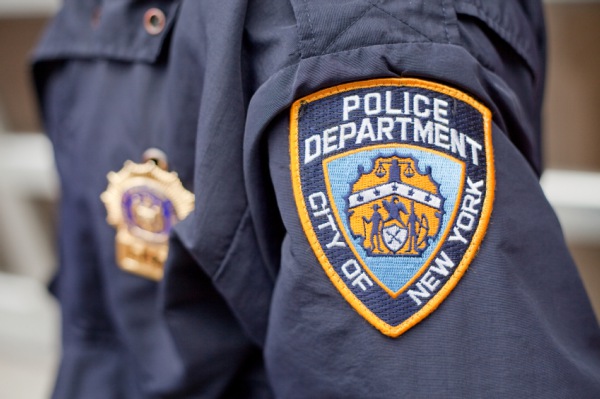
NEW YORK — Bill de Blasio stood out from the field of mayoral candidates last year for supporting a set of City Council bills to strengthen the local ban on profiling by police officers and to create an inspector general to oversee the New York Police Department’s policies and procedures.
After swearing in his new police commissioner last week, de Blasio recommitted his support for filling the position with an “effective inspector general.”
“I want to emphasize the law is right — this individual will serve independently from the commissioner,” de Blasio said, as he stood with new NYPD Commissioner Bill Bratton. “At the same time, I expect a good and respectful relationship.”
The selection of New York City’s first inspector general for the police department technically falls upon the next commissioner of the Department of Investigation, which already oversees 14 inspector generals that operate across 30 city agencies. The independence of those inspectors, however, has never been scrutinized and debated the way the NYPD inspector general has.
Richard Aborn, executive director of the Citizens Crime Commission of New York City, explained that the law as written maintains an objective measure for accountability that is incorporated into the job.
“If you have elements of transparency built in to the office it maintains a sense of independence,” Aborn said, adding that the regular reporting requirements to both the Council and mayor already ensures a new level of auditing to the NYPD.
Even the appointment of a new head of the Department of Investigation requires a check from the City Council. Unlike most agency heads, the new crop of legislators need to sign off on the mayor’s pick for the administration’s lead investigator. Even so, de Blasio’s early support for the new position and the level of scrutiny all but ensures the mayor’s involvement in selecting an inspector general.
“We’re going to find someone who by definition commands public respect, and the respect of the men and women of this department,” de Blasio said.
Asked what role Bratton would play in the process of selecting the person charged with overseeing the police department, de Blasio said his new commissioner’s counsel wouldn’t compromise the inspector general’s mandate.
“I’m certainly going to discuss the situation with Commissioner Bratton before making any choices and seek his input. I want this to be a choice that we all feel good about,” the mayor said.
The position of inspector general for the police department came about after a long political battle in the heat of last year’s mayoral election. The City Council passed the bill creating the office but not without both conflict from within the body and with former Mayor Michael Bloomberg. The Council racked up enough votes for a veto-proof majority, overriding Bloomberg’s eventual strike against the law.
The bill itself was paired with the equally contentious expansion of the city’s profiling ban, the two being packaged as the Community Safety Act. Considered to be the Council’s response to the NYPD’s controversial stop-and-frisk policy, the inspector general bill in particular was also motivated by the police department’s ongoing surveillance of Muslim communities for counterterrorism intelligence.
Members of the American-Arab community argue that the police unfairly and unconstitutionally targets it on the basis of religion, and that there has been no link between the surveillance program and terrorist attempts in recent years. Former Police Commissioner Ray Kelly, who began his most recent tenure as top cop months after the Sept. 11 attacks, defended both the department’s intelligence gathering methods and the NYPD’s relationship with all communities.
Soon after his appointment, Bratton displayed his commitment for an inclusive police department by privately sitting down with leaders of the Muslim community.
Arab American Association Executive Director Linda Sarsour said she left the meeting on Dec. 12 feeling optimistic that Bratton was open to criticism from even the severest opponents to police practices under his predecessor.
“There were some of the most staunch police reform advocates at that meeting,” she recalled. “There were anti-Bratton people there, and the fact that those people were brought to the table was something Commissioner Kelly never did.”
Sarsour said she was cautiously optimistic about the ability of Bratton and de Blasio to follow through on reform priorities. She said her community celebrated the passage of the inspector general bill. But to make it work, Sarsour argued, the new administration needs to be able to use its subpoena power and work with a more transparent police department.
At his swearing-in on Thursday, Bratton promised as much and pointed to his past experience with the Los Angeles Police Department, where he served as police commissioner from 2002 to 2009. The LAPD has an inspector general whose mission is to provide “strong, independent and effective oversight.” Bratton joked that working with an inspector general again would be a “piece of cake.”
Bratton told reporters that the LAPD increased the inspector general’s powers, and that he himself had invited the inspector general to various crime scenes, staff meetings and disciplinary discussions.
“If you commit to make it work,” Bratton said, “it will work.”




